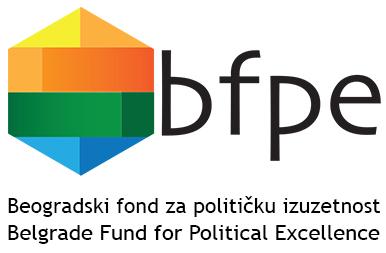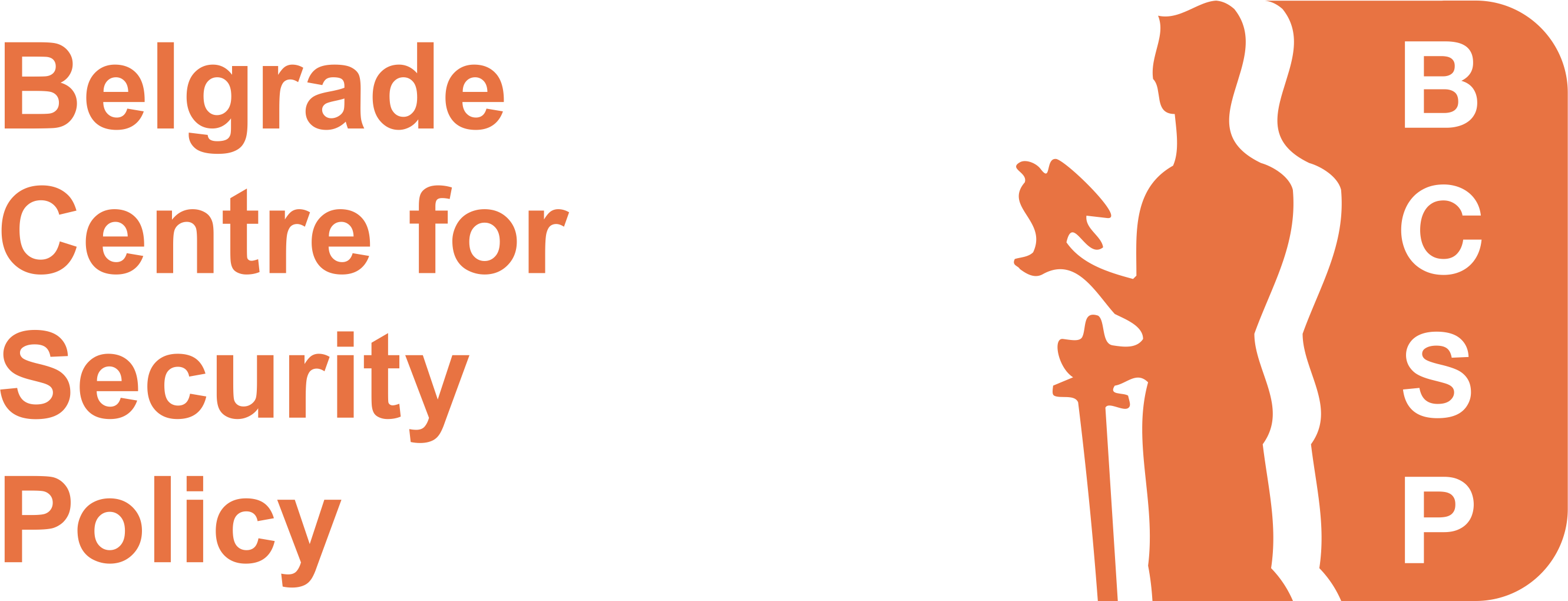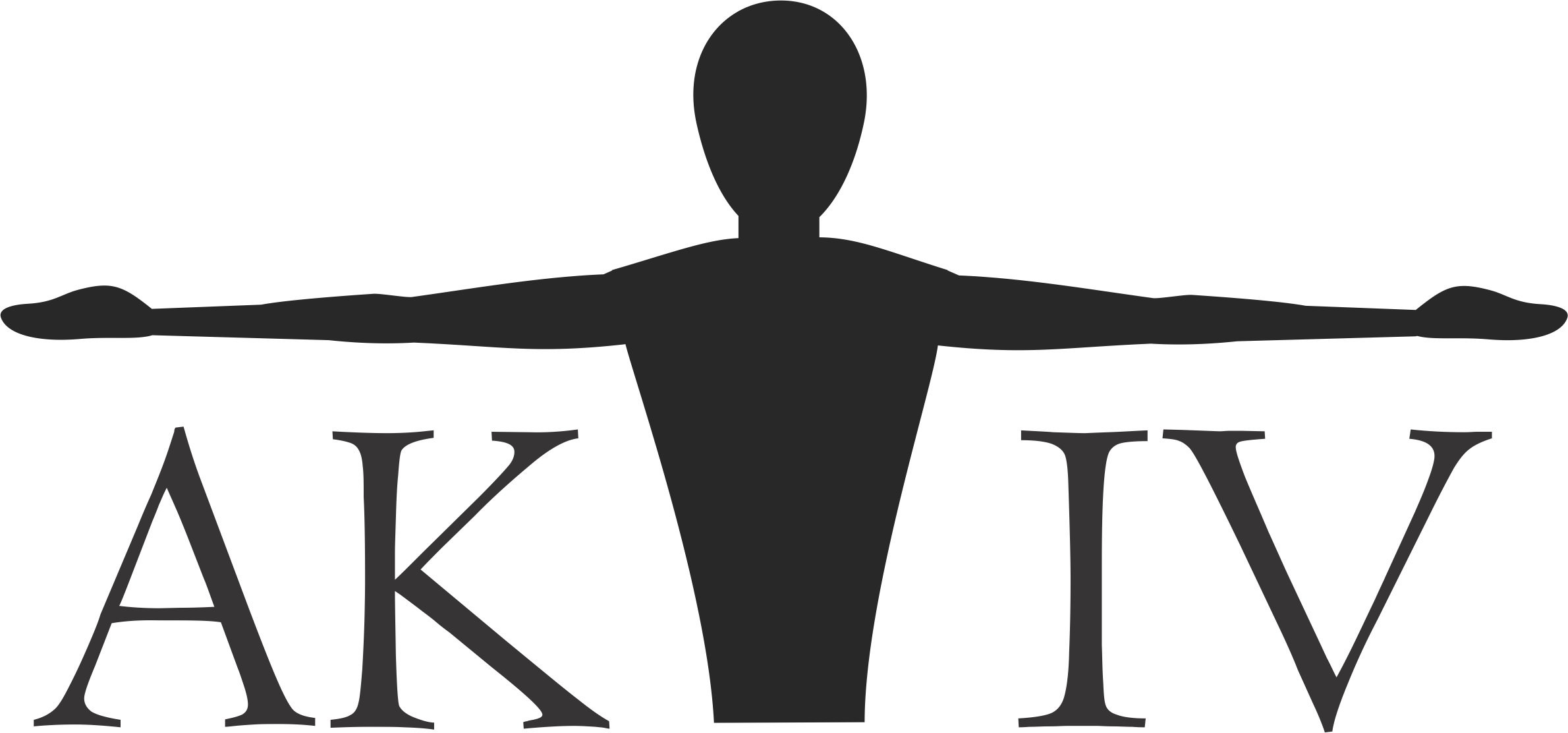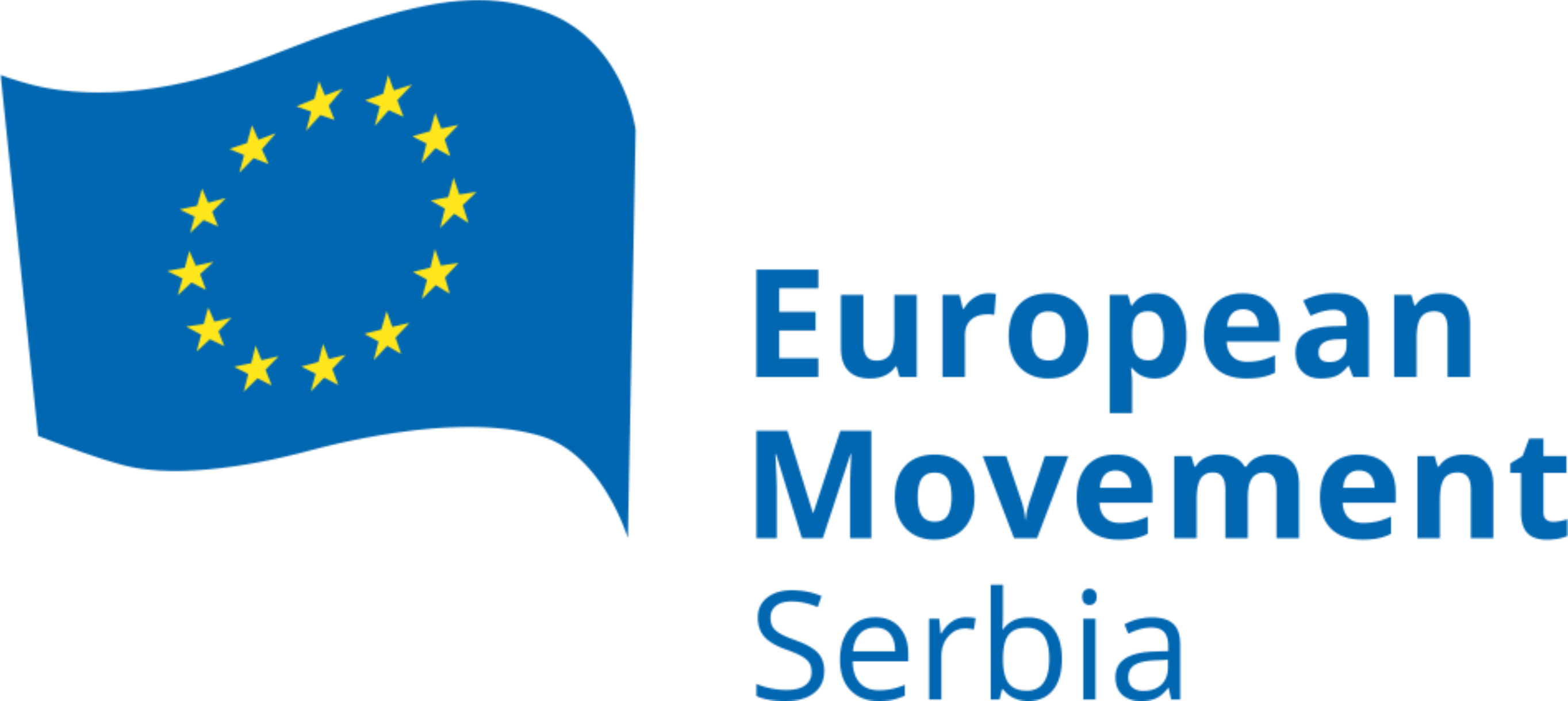This publication is a compilation of articles on the benefits of agreements deriving from the technical dialogue between Kosovo and Serbia. The articles highlight the impact of agreements on citizens’ lives as well as the achievements of technical dialogue in normalizing relations between the two parties. The authors of articles, citizens and professionals from Kosovo and Serbia bring their personal views and experiences on the positive results of a number of technical dialogue agreements, such as those on energy, free movement, the judiciary, customs stamps, integrated border management (IBM) ) and the Agreement on the Carriage of Dangerous Goods (ADR). Some articles also describe the impact of these agreements on relations between citizens, both within Kosovo and between Kosovo and Serbia. They also provide concrete recommendations for improving the implementation of these agreements and identify new areas that need to be addressed in the context of efforts to normalize relations.







